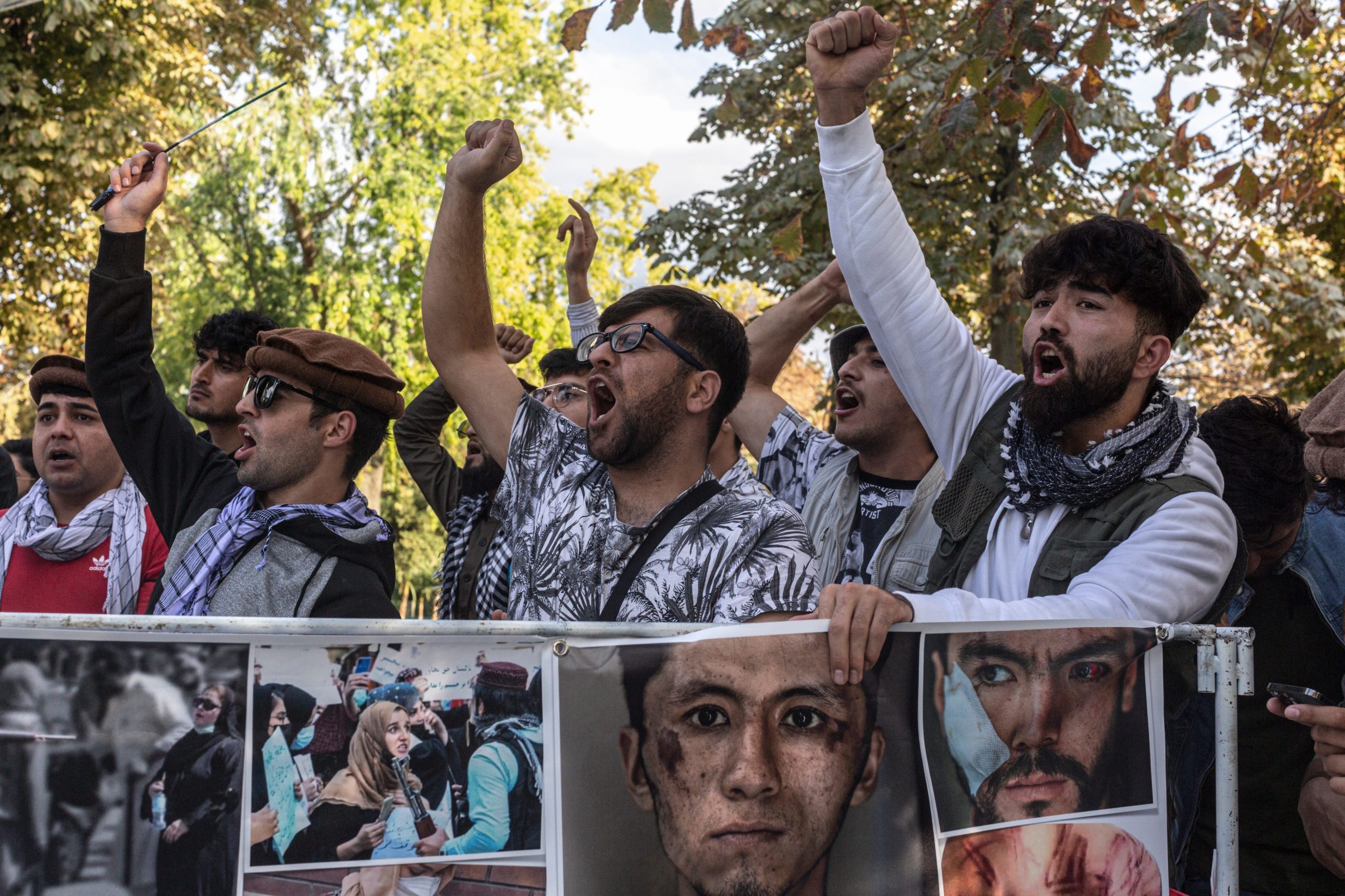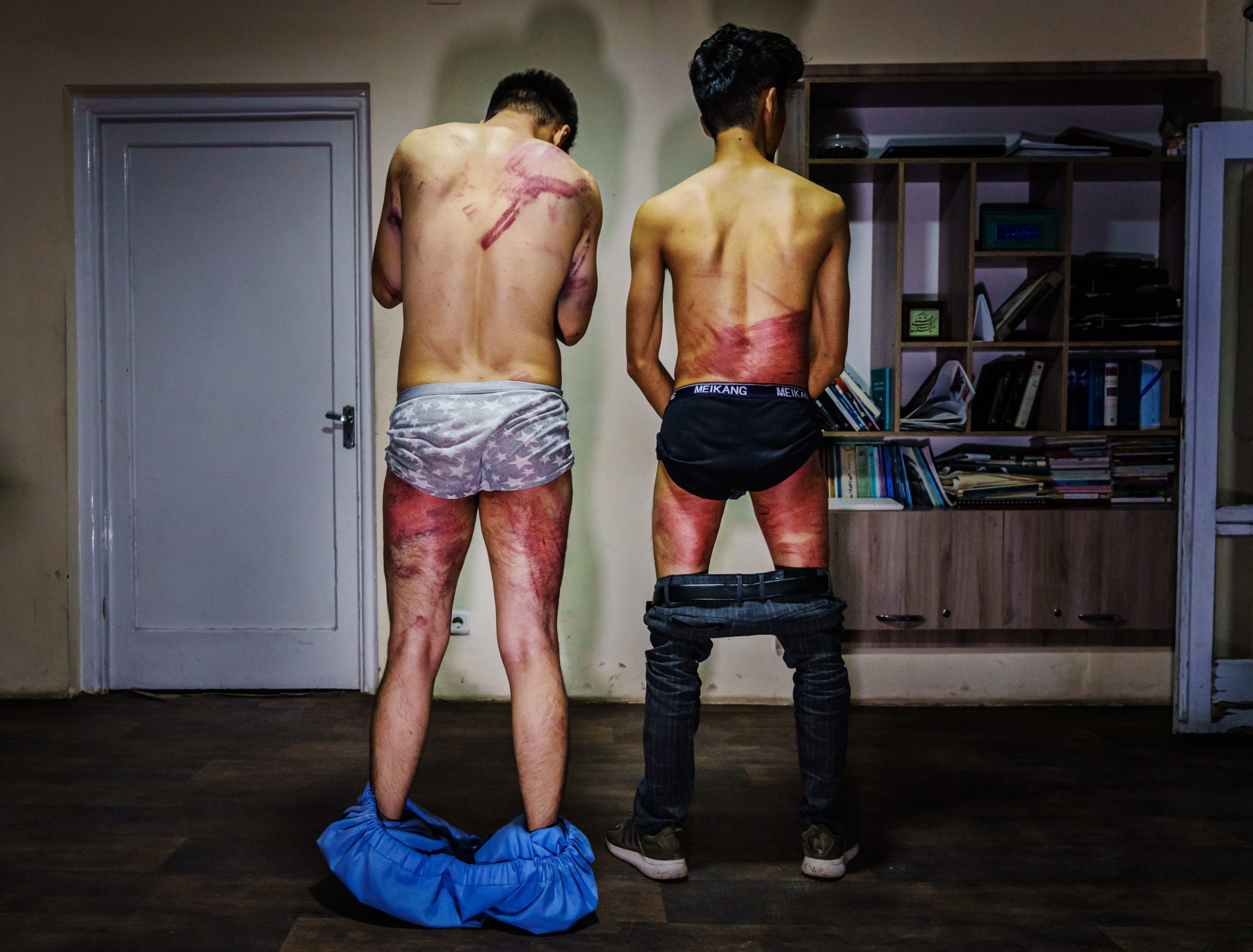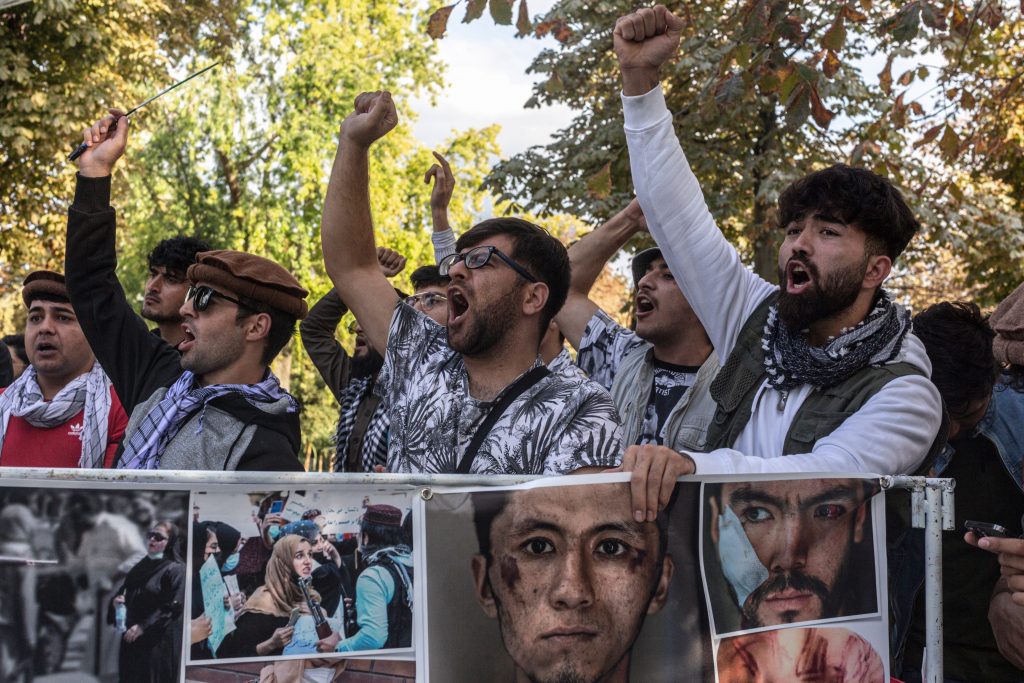
Sam Tarling/Getty Images
- Journalists are under attack in Afghanistan since the Taliban takeover.
- Many journalists on the ground have expressed being in fear for their lives.
- The One Free Press Coalition created a "10 Most Urgent" list to help journalists in Afghanistan.
Journalists are reportedly in danger in Afghanistan, and evacuating members of the media and their families could save their lives.
The One Free Press Coalition created a "10 Most Urgent list" to call on governments to help journalists in Afghanistan who have been fearful and desperate to flee since the Taliban's resurgence and the US withdrawal from the country.
After the Taliban swept back into power in August, journalists have been a target of the militant group. In early September, two Afghan journalists covering a women's rights protest in Kabul said they were detained and beaten by the Taliban, Insider previously reported. In an interview with the Agence France Presse, a photographer, Nematullah Naqdi, said: "I thought they were going to kill me."

Marcus Yam/Los Angeles Times
Danish Siddiqui, an award-winning photographer, was killed at the hands of the Taliban while reporting on a story in July, CBS News reported.
Female journalists have also expressed their fears when the Afghan government collapsed. The Taliban previously said it would be more moderate, but the group's assertions were met with skepticism given its actions when it controlled Afghanistan from 1996 to 2001.
During that time, women were severely marginalized, including being barred from receiving an education and expected to be covered from head to toe. If any of the rules were broken, women faced harsh punishment.
According to the Committee to Protect Journalists, the Taliban told two female TV anchors in August not to return to their jobs. The same month, a journalist anonymously wrote a piece for the Guardian about being forced to leave her home to seek safety, fearing retaliation.
"I'm not safe because I'm a 22-year-old woman, and I know that the Taliban are forcing families to give their daughters as wives for their fighters," the journalist wrote in the Guardian. "I'm also not safe because I'm a news journalist, and I know the Taliban will come looking for me and all of my colleagues."
The One Free Press Coalition outlined actions it says are necessary to help journalists in Afghanistan:
- Commit to evacuate all Afghan journalists, media workers, media advocates, and their families under threat.
- Simplify and secure the process for visa application and collaborate with third countries when possible.
- Establish safe corridors in Kabul to allow for the evacuation and relocation of all persons at risk, including journalists and media workers.
- Ease visa restrictions for all Afghan journalists, media workers, media advocates, and their families seeking asylum.
- Ensure UN support for Afghan journalists as part of their "stay and deliver" agenda for humanitarian assistance and protection in Afghanistan.
- Open country borders to allow for the safe passage of evacuees seeking relocation and future settlement.
- Provide Afghan news organizations-including exile media-immediate ongoing core support for their news-gathering and operations.
- Create emergency funding for Afghan journalists and media workers who have left the country as well as those who remain in-country.
- Join a local civilian or corporate effort, such as offering to provide transportation, meals or temporary housing for Afghan refugees.
- Spread the word about organizations, such as CPJ and IWMF, that are providing assistance or are compiling lists of available resources.
Insider is covering the "10 Most Urgent" list as part of The One Free Press Coalition, which raises awareness of the world's persecuted journalists.
